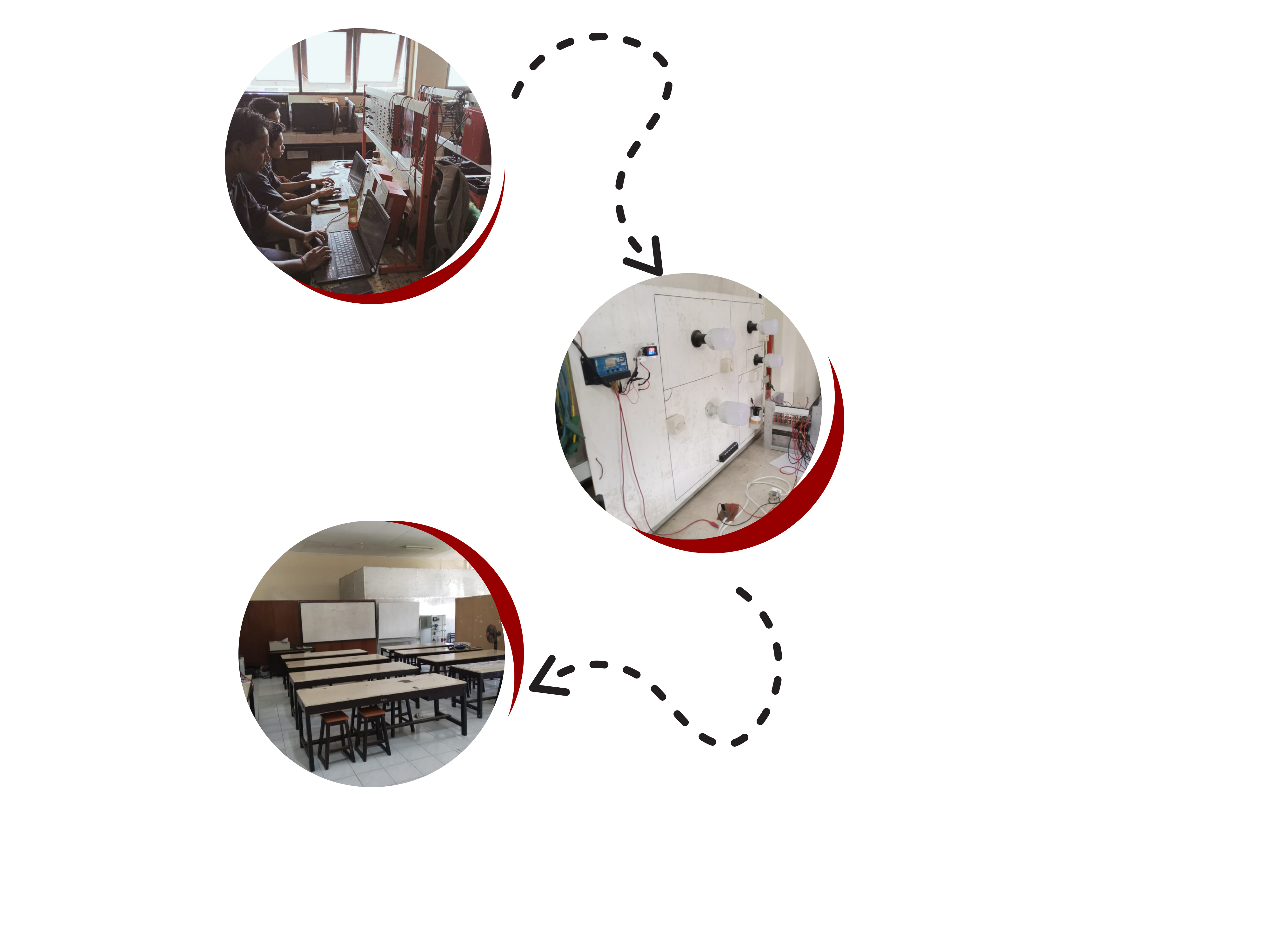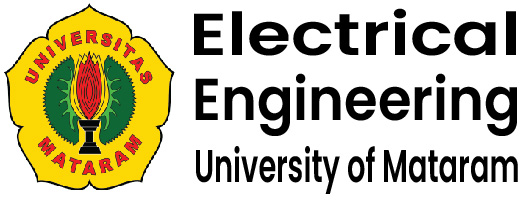
The Power System Laboratory in the Electrical Engineering department is a facility designed to provide students with practical exercises related to electric power systems. The laboratory is equipped with state-of-the-art technology and equipment that enable students to gain hands-on experience in the field of power systems. The laboratory consists of several sub-laboratories, including:
-
Basic Electric Power Laboratory: Students learn about the basic principles of electric power systems, including power generation, transmission, and distribution. They gain practical experience in designing and analyzing simple electric power systems, and measuring their electrical parameters.
-
Power System Analysis Laboratory: Students learn about the advanced principles of electric power systems, including load flow analysis, short circuit analysis, and transient stability analysis. They gain practical experience in using software tools to analyze complex electric power systems, and develop skills in system design and operation.
-
Transmission & Distribution Laboratory: Students learn about the principles of electric power transmission and distribution, including the design and analysis of high voltage transmission lines, transformers, and switchgear. They gain practical experience in using software tools to analyze transmission and distribution systems, and develop skills in system protection and control.
-
Electric Machines Laboratory: Students learn about the principles of electric machines, including DC and AC motors and generators. They gain practical experience in designing and analyzing electric machines, and measuring their electrical and mechanical parameters.
-
Power Systems Protection Laboratory: Students learn about the principles of power systems protection, including the design and analysis of protective relays and circuits. They gain practical experience in designing and analyzing protective systems, and measuring their electrical parameters.
Through these practical exercises, students develop their skills in designing and analyzing complex electric power systems, and gain practical experience in using advanced software tools and equipment. They also develop skills in system protection, control, and operation, which prepares them for careers in the field of power systems engineering. Overall, the laboratory provides a comprehensive and hands-on approach to learning about electric power systems.

